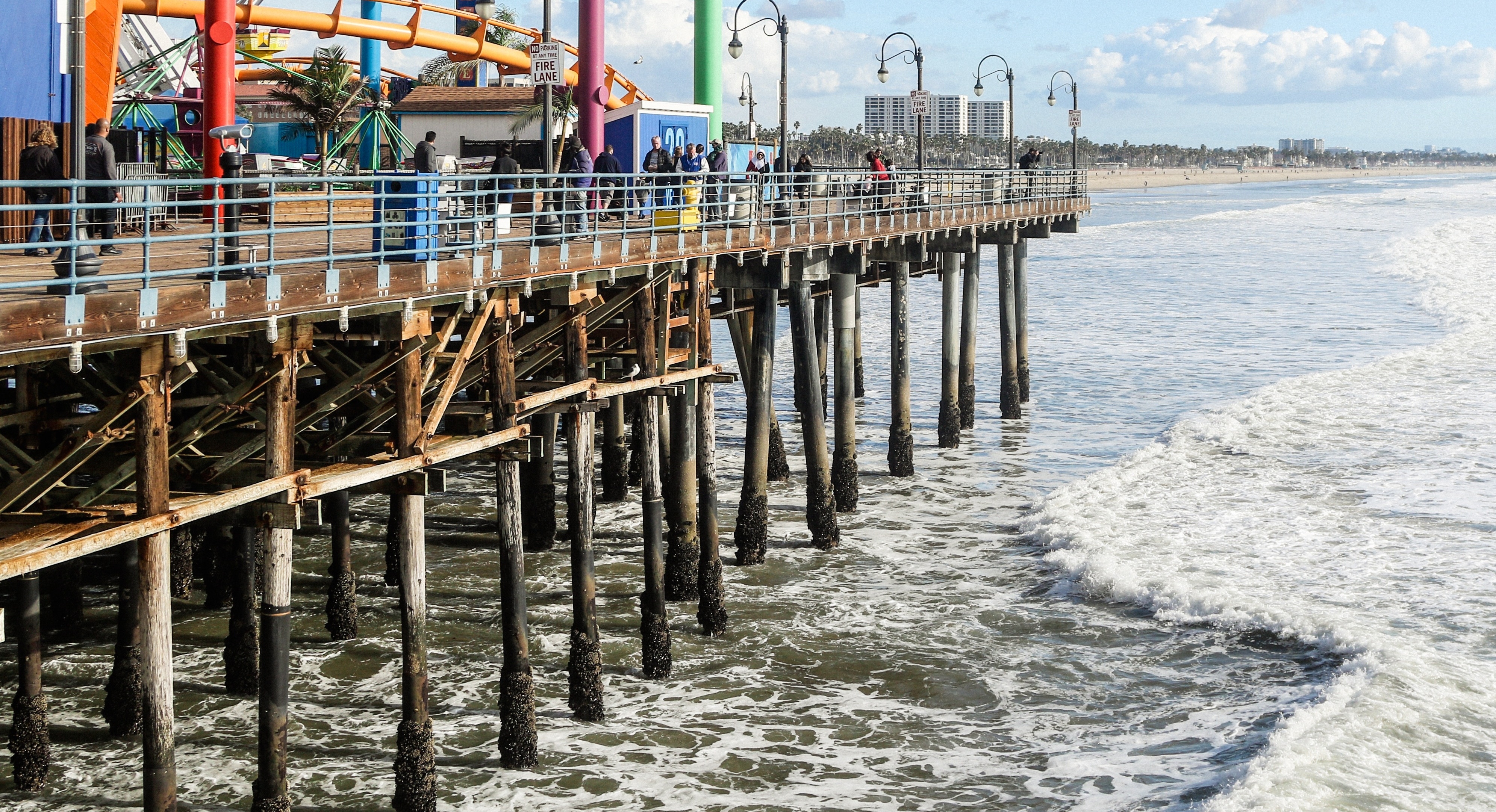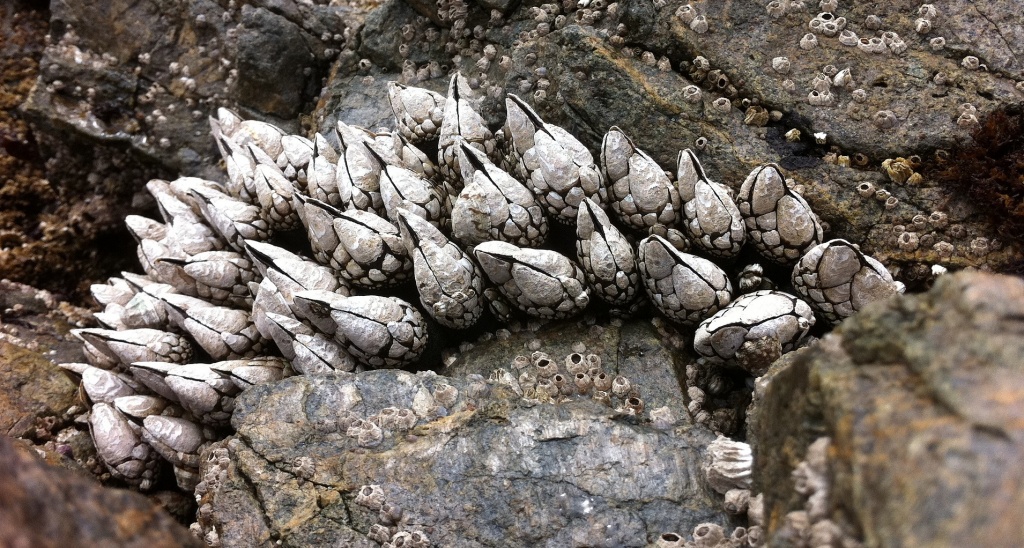Mussels are No Match for Lubricants
By on Oct 30 2017

As an expert in maintaining your vehicle and keeping it well-oiled, you know how important
lubricants are for your automobile's longevity.
However, the same types of lubricants have advantages beyond just keeping things moving--they also keep things off.
Silicone in the Sea
While at the beach, you may have noticed mussels covering ships, piers, and any solid structure in sight. They even tend to attach themselves to industrial equipment. Their habit to adhere to anything they can is problematic for several reasons: the mussels slow down ships (a large crowd of mussels can weight up to 1,700 pounds per square foot) and are costly to remove. They also end up in places they're not native to and in turn become an invasive species.
Researchers and scientists explored the potential behind lubricants and their properties to try and overcome the notoriously stubborn mussel.
A solution for their sticking to everything has been pursued for years--and deemed nearly impossible--because they're able to stick to surfaces underwater, which is normally a natural way to stop adhesion.
Never Assume a Mussel is Weak

Mussel's ability to stick to so any surface is due to the secretions they produce, and they are strong--because they have to be.
The shellfish's life depends on its ability to cling to surfaces during any kind of extreme coastal weather, high-tide, low-tide, and everything in-between. A mussel's bond is made from laying different types of proteins on a surface and then crosslinking them all together. Essentially, mussels are growing polymer chains from a surface. The material is cohesive and adhesive at the same time, both are standards that need to be met when determining if something makes a good glue.
Luckily, this web of protein is easy for scientists to study and change.
Researchers discovered a way to combat the protein through using an altered flexible silicone material.
It prevents adhesion by forming a thin-liquid layer and removing the surface's roughness that the mussel's extendable foot usually attaches to.
Mussels adapted over time to be able to seek out surfaces they can successfully bind to. When attempted to attach to a surface it has connected to before that is covered in the silicone rubber, it finds the surface is too slippery to do so. It concludes that it somehow miscalculated where it was, and moves on. The mussel deterrent is non-toxic to any species that encounter it, as well.
Shop Petroleum Service Company today for automotive, industrial, and aviation lubricant needs!
Sources:
https://www.sciencedaily.com/releases/2017/08/170817141754.htm
https://www.sciencenews.org/article/new-material-may-one-day-keep-mussels-piers-and-boat-hulls?tgt=nr
https://www.wired.com/2015/11/mussels-sticky-secretions-make-for-super-strong-adhesives/






